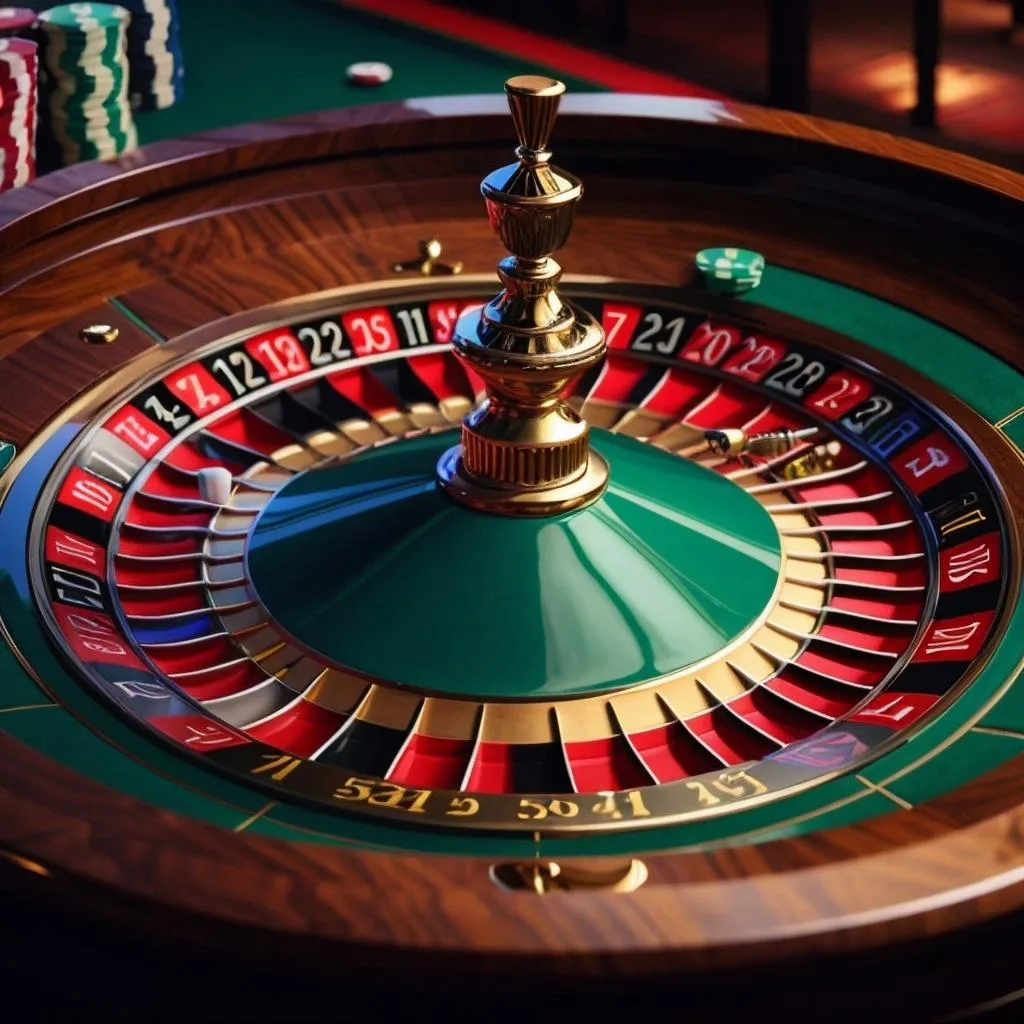
Roulette game odds can be tricky to understand, but with a little study, players can improve their chances of winning. In American double-zero roulette, there are 38 possible decisions, making the odds of a win 37 to 1. However, since the casino does not pay true odds, the house edge is 5.26%. In European roulette, with only one zero, there are 37 decisions, and the house edge is 2.7%.
Even-money bets in roulette
Even-money bets like high/low, red/black, and odd/even pay 1 to 1, but the odds of winning are not 50/50. The casino keeps two zeroes in American roulette and one in European roulette, so there are 20 ways to lose in American roulette and 19 in European roulette. This means that the house edge remains 5.26% and 2.7%, respectively.
Betting on half the numbers in American roulette may seem like a good idea, but it’s not. The bet would be $190, and while you’d win half the time, the payout is only 35 to 1, so you’d lose 5.26% on the game. Betting on one of the even-money bets, however, would only be a $10 bet and take longer for the house edge to hurt your bankroll.
Scoreboards and trend bettors
Casinos often display a scoreboard showing the last 16 or 20 numbers to appeal to trend bettors who enjoy betting with or against a streak. The numbers on the wheel are in a different order than the betting layout to prevent biased wheels.
In a random roulette game, the ball bounces off bumpers on the wheel and lands randomly in pockets. The casino keeps part of the player’s win, and a random game favors the casino.
Life and roulette similarities
Life is like a game of roulette, where the house always has the edge. This is evident in personal history and throughout human events. The randomness of the game determines the future of individual players, just as life does for all of us.
Genetic roulette is the first experience we have in life. The race to land on earth starts with a single sperm and egg. The odds of winning this race are 99,999,999 to one, making it as great or greater than most lotteries in the world. Genetic roulette creates a truly unique individual, but it can also bring out traits from distant relatives.
Imperfections exist in genetics, just like in roulette. The biased wheel is dangerous for casinos because smart players can discover their “off-ness.” Similarly, the imperfections in genetics can lead to dangerous behavior patterns.
The decisions we make at every age and stage of life have consequences on future events. For example, Little Timmy’s tendency to mentally disappear during math lessons in first grade affected his understanding of arithmetic, math, and science. Ignorance about numbers is not a good situation, and even just knowing about numbers in an elementary way is beneficial.
Understanding the meaning of numbers in roulette is also important. Knowing how the casino gets its edge, why bets on many inside numbers are not the best idea, and how to lower the overall hit on one’s bankroll while still betting on more than one number can make a difference. However, many people, like Big Timmy, do not understand any of this and put their money on the table without realizing the mathematical universe they are facing.
In conclusion, life is like a game of roulette, and genetic roulette creates a truly unique individual. Imperfections exist in genetics and roulette, and the decisions we make at every age and stage of life have consequences on future events. Understanding numbers is important in both life and roulette. By studying the odds and strategies of the roulette game, players can improve their chances of winning.